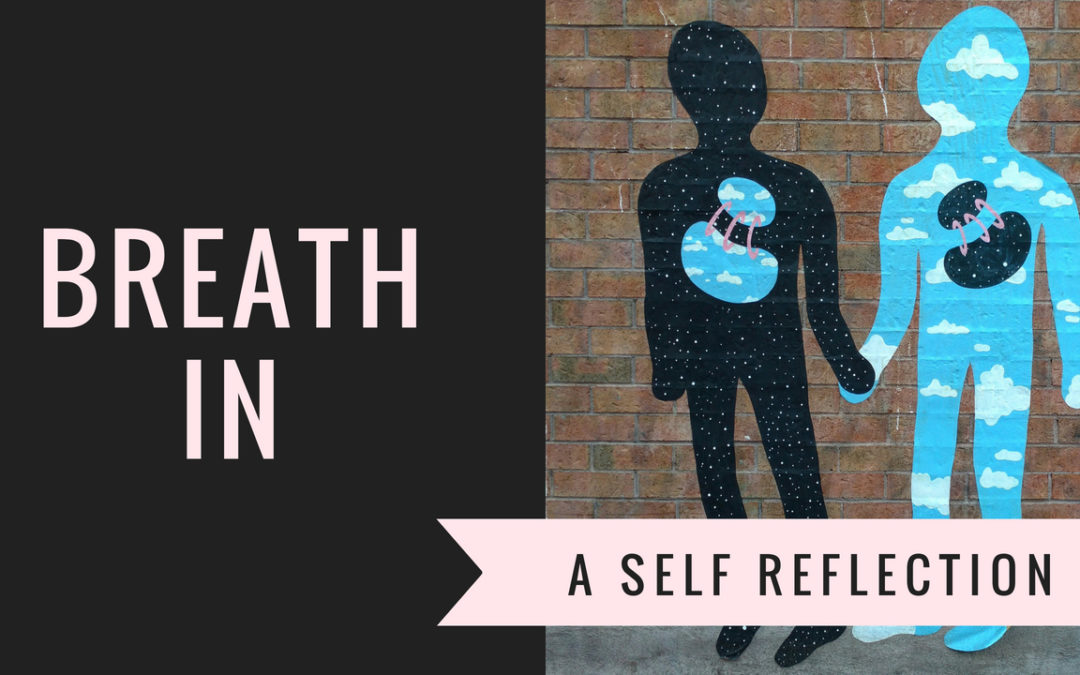I had an amazing experience recently. When I was performing at the Waterloo Juggling Festival, everything in my act went exactly as planned. This, of course, sounds how it should be, but if I am honest with you, I have really struggled in my carrier to nail it. I do well, enough to ensure no one else notices my foibles, but there was one thing that drastically changed how I felt during my act:
I choreographed a moment of stillness in order to take a deep breath.
In fact, even in this act, I forgot to choreograph one last breath in the final minute of the act. At 40 seconds, I fumbled just a tiny bit. How was I making it through 6 minutes without breathing before?
In reality, it’s scary to take time to be still on stage. This makes me feel all the feelings contained within my body. All eyes are upon me in that moment, and I feel the urge to do and be something. There is this voice inside that says “You don’t want to waste a precious second of your audiences time without entertainment!”. It’s a lie. As my teacher David McMurray Smith says “Nothing never happens”.
But when you are up on stage, building energy, it is very likely that your sympathetic nervous system has kicked in. Your body becomes a jumble of nerves and using cognitive functions becomes more difficult. The body puts its resources into fight or flight responses. It’s screaming “Do something!”. This is where all that practice comes in handy! It’s great to rehearse an act 100 times but it’s not always going to help. The fact is, unless you’ve trained otherwise, you are likely holding your breath.
When you hold your breath on stage, the audience holds their breath. The opposite is also true, the moment you start to breath, they breath with you too. The idea that the audience needs zero breaks is only an avoidance technique – a way to not feel all those feelings that are inside, and the answer to making the audience more comfortable is to help them breathe.
The good news is, the way to combat your sympathetic nerves is also through breath. The more you take a moment to ground out and breath, the more cognitive functions you can retain.
The lesson was learned at that festival: Breathing should be a practice we keep in our rehearsals and choreography as much as any of our tricks or steps. We must choreograph breath.


I have experienced this sensation in a number of performance situations over the years & I know that my lack of consciousness about breath…. it’s role in performance / presentation context has led me into mistakes & unnecessary frustrations. It’s a huge topic …I realised after some years of practising 7 ball juggling & being able to run it but not nail it that my lack of comfort in it , except on my best days , was to do with the fact I wasn’t breathing & my posture militated against me achieving that goal….
It is a HUGE topic! I am so surprised we don’t have more information on it in our field.
Lovely insight. Thanks for sharing this so openly and instructively.